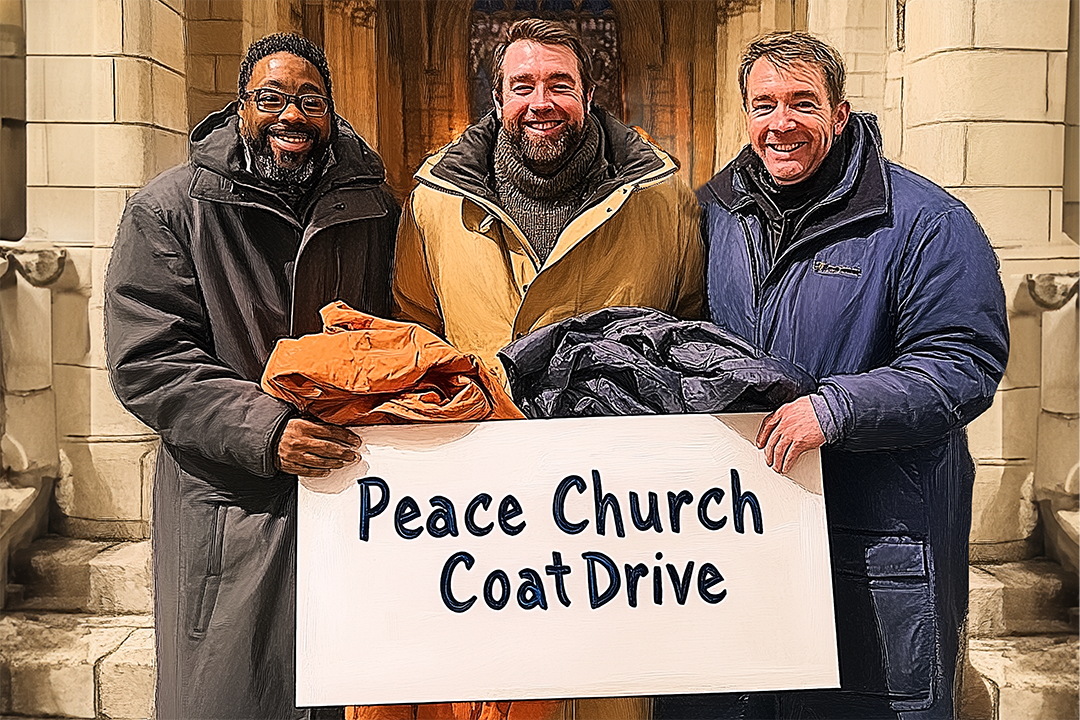Civil society is where human freedom flourishes. It is the realization of voluntary association, built on trust, shared purpose, and local knowledge. From families and churches to neighborhood groups, professional associations, and philanthropic organizations, civil society represents the space between the individual and the state. It is where people solve problems, build relationships, and support one another—not because they are required to, but because they choose to.
For liberals, this sphere of voluntary action is not just a supplement to government; it is an essential component of a free and flourishing society. Yet, as government programs have expanded, they have often displaced the very institutions that make civil society effective. Bureaucratic solutions, no matter how well-intentioned, struggle to replicate the responsiveness, adaptability, and personal touch that voluntary associations bring to the table. If we want to address social problems effectively while preserving individual liberty, we must rediscover the importance of civil society and defend it against being crowded out by the state.
Civil Society

Artwork commissioned by the Institute for Humane Studies
Civil Society Works Better Than Bureaucracy
Civil society succeeds where the government struggles because it operates closer to the problems it seeks to solve. Local knowledge—the firsthand understanding of circumstances, people, and challenges—gives voluntary organizations an unparalleled ability to respond effectively. A neighborhood association knows which families need help. A local charity understands the obstacles its community faces. A church or mosque has deep personal connections that no government agency can match.
Local knowledge—the firsthand understanding of circumstances, people, and challenges—gives voluntary organizations an unparalleled ability to respond effectively.
This flexibility allows civil society to innovate. Instead of applying one-size-fits-all solutions, voluntary organizations adapt to the needs of those they serve. They experiment, learn from failure, and scale up what works. Philanthropic groups, for instance, have pioneered models for combating poverty and expanding education that government programs later adopted—but often with diminished effectiveness due to bureaucratic rigidity.
Government programs, by contrast, are often hampered by inflexible rules, distant decision-makers, and incentives geared more toward maintaining compliance than achieving results. Welfare programs struggle with fraud and administrative inefficiency. Public schools often face bureaucratic inertia that resists reform. Even disaster relief—where the government is expected to lead—frequently sees grassroots organizations outperform federal agencies in getting aid to those who need it most.
This isn’t to say that government has no role. Certain functions, such as defending rights, enforcing laws, and maintaining infrastructure, require centralized authority. But too often, government intervention doesn’t complement civil society—but instead displaces it. Expanding government services can crowd out charitable giving and volunteer work, as people assume problems have already been addressed. Regulations can stifle innovation, making it harder for small organizations to experiment and grow. Over time, the result is a society that depends more on distant bureaucracies and less on neighbors, families, and communities.
Protecting and Rebuilding Civil Society
Restoring civil society as the engine of social problem-solving requires more than scaling back government overreach. It requires actively strengthening the institutions of voluntary association that make civil society possible. Liberals must champion policies that empower these institutions rather than regulating or marginalizing them.
For example, overly restrictive occupational licensing laws often prevent charities and community organizations from providing services like childcare, home repairs, or tutoring. Reforming these barriers would expand the capacity of civil society to meet local needs. Similarly, tax codes should incentivize charitable giving and make it easier for nonprofits to fundraise and operate without excessive administrative burdens.
Education policy offers another opportunity. School choice programs, including vouchers and education savings accounts, allow families to partner with private and community organizations to tailor their children’s education. Rather than relying solely on government-run schools, families can turn to a rich network of voluntary associations, including private schools, co-ops, and tutoring groups.
Immigration reform can also strengthen civil society. Immigrant communities are often among the most dynamic contributors to civic life, founding businesses, places of worship, and mutual aid societies. Yet restrictive immigration policies block their potential, denying the country the energy and innovation they bring.
Finally, criminal justice reform can empower civil society to play a larger role in rehabilitation and reintegration. Community-based programs focused on restorative justice and workforce training have proven more effective than incarceration in reducing recidivism. These approaches rely on local knowledge and relationships rather than the impersonal machinery of the state.
Defending civil society also means resisting the temptation to centralize power in moments of crisis.
Defending civil society also means resisting the temptation to centralize power in moments of crisis. When problems arise, there is a natural impulse to look to the government for solutions. But we must remember that the most resilient and effective responses often come from the bottom up. The COVID-19 pandemic, for example, saw an outpouring of mutual aid, local innovation, and charitable action—responses that complemented, and in some cases outperformed, government efforts.
A Society of Free and Responsible Individuals
Civil society embodies the liberal vision of a free and responsible people. It is where individuals, acting voluntarily and cooperatively, tackle problems that no government program can fix and build connections that no bureaucratic system can replicate. Protecting and expanding this space is not just a policy preference; it is essential to preserving a society rooted in liberty and dignity.
Civil society must be free to experiment, adapt, and respond in ways that centralized systems cannot.
The goal is not to eliminate government but to ensure that it doesn’t crowd out the private initiatives and personal relationships that make communities thrive. Civil society must be free to experiment, adapt, and respond in ways that centralized systems cannot. For liberals, the path forward lies not in retreating from problems, but in advancing solutions rooted in the institutions of civil society. These are the places where freedom is exercised, community is built, and progress is made. They deserve not only our protection, but also our active support.
